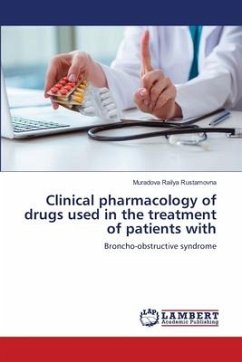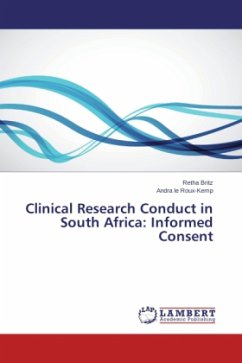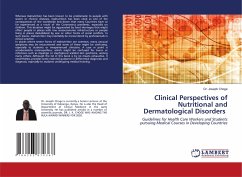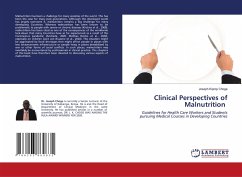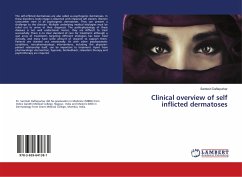
Clinical overview of self inflicted dermatoses
Versandkostenfrei!
Versandfertig in 6-10 Tagen
27,99 €
inkl. MwSt.

PAYBACK Punkte
14 °P sammeln!
The self-inflicted dermatoses are also called as psychogenic dermatoses. In these disorders, body image is distorted with impaired self esteem. Women outnumber men in all psychogenic dermatoses. They can present a challenge to the clinician. Multiple underlying medical etiologies must be ruled out to arrive at their diagnosis. The pathophysiology of these diseases is not well understood. Hence, they are difficult to treat successfully. There is no clear standard of care for treatment, although a vast array of treatments targeting different etiologies has been tried clinically, and many have so...
The self-inflicted dermatoses are also called as psychogenic dermatoses. In these disorders, body image is distorted with impaired self esteem. Women outnumber men in all psychogenic dermatoses. They can present a challenge to the clinician. Multiple underlying medical etiologies must be ruled out to arrive at their diagnosis. The pathophysiology of these diseases is not well understood. Hence, they are difficult to treat successfully. There is no clear standard of care for treatment, although a vast array of treatments targeting different etiologies has been tried clinically, and many have some amount of research to support them. Patients are drained out emotionally. As with other psychosomatic conditions, non-pharmacologic interventions, including the physician-patient relationship itself, can be important to treatment. Apart from pharmacologic intervention, hypnosis, biofeedback, relaxation therapy and psychotherapy are required.





